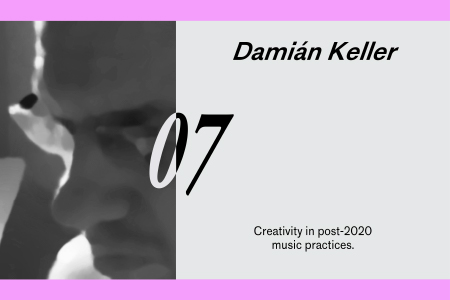Given the current concentration of technological resources by a few financial conglomerates and the ongoing attempts to eliminate free-sharing from the internet, music once again provides a stage for social experiments that may have long-lasting effects. Damián Keller expands on the idea that we should apply different strategies to post-2020 music-making from the ones we adopted during the twentieth century. He focus on four emerging and complementary trends in an attempt to identify their creative specificities: telematic art, networked music performance, technologies for music notation and representation, and ubiquitous music. He acknowledges the transitory character of some of these labels and stress the difficulties of defining practices that are strongly tied to technological innovations. Rather than claiming the precedence, the intellectual ownership or the territorial hegemony of any of these terms, he proposes a conceptual map that highlights their applicability to various creative targets.
“Creativity in post-2020 music practices” will be presented by Prof. Damián Keller, on the 19th of May, at 18:00, online on: https://youtu.be/1mfRD8JncvY
The session will be moderated by Prof. Gilberto Bernardes, DEI’s Assistant Professor and Coordinator of the Interactive Music and Sound Design area of the Master in Multimedia.
Short-Bio:
Damián Keller is an Associate Professor of Music Technology at the Federal University of Acre and the Federal University of Paraíba in Brazil. He is a cofounder of the international research network Ubiquitous Music Group and a founding member of the Amazon Center for Music Research (NAP). He has published over two hundred articles on ubiquitous music and ecologically grounded creative practice in journals on information technology, design, education, philosophy and the arts. His latest coedited book is Ubiquitous Music Ecologies (Routledge). http://ccrma.stanford.edu/~dkeller
